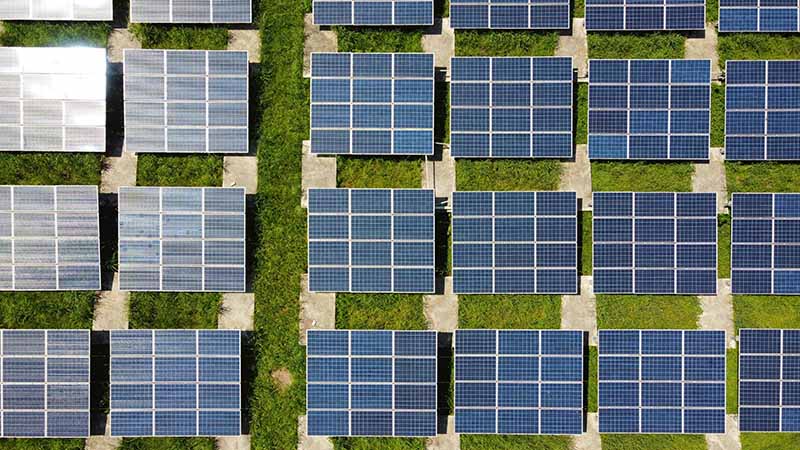With the increasing popularity of solar panels, many homeowners are looking for ways to store the excess energy generated by their panels. One popular solution is to invest in a solar battery. However, shopping for a solar battery can be a daunting task. There are many different types of batteries available, and it can be difficult to know which one is right for your home. In this blog post, we will discuss some of the key things you should know when shopping for a solar battery.
Capacity
One of the most important things to consider when shopping for a solar battery is its capacity. The capacity of a battery is the amount of energy it can store. Batteries are measured in kilowatt-hours (kWh). You will want to choose a battery with a capacity that matches your energy needs. To determine your energy needs, you can look at your electricity bills to see how much energy you use each day.
Depth of Discharge
The depth of discharge (DoD) is another important factor to consider when shopping for a solar battery. DoD refers to the percentage of a battery’s capacity that can be used before it needs to be recharged. For example, a battery with a DoD of 80% can be discharged to 80% of its capacity before it needs to be recharged. Batteries with a higher DoD are typically more expensive, but they also offer more usable energy.
Battery Chemistry
There are several different types of battery chemistry used in solar batteries, each with its own advantages and disadvantages.

The most common types of battery chemistry used in solar batteries are lead-acid, lithium-ion, and saltwater. Lead-acid batteries are the most affordable option but have a shorter lifespan and require more maintenance. Lithium-ion batteries are more expensive but offer a longer lifespan and require less maintenance. Saltwater batteries are a newer technology that is still being developed, but they are non-toxic and have a longer lifespan than lead-acid batteries.
Warranty
Another important factor to consider when shopping for a solar battery is the warranty. A good warranty will protect your investment in case of defects or malfunctions. Most solar batteries come with a warranty of 5-10 years, but some manufacturers offer longer warranties. You will want to choose a battery with a warranty that gives you peace of mind.
Compatibility
Not all solar batteries are compatible with all solar panels. Before purchasing a battery, you will want to make sure that it is compatible with your solar panel system. In some cases, you may need to purchase a battery from the same manufacturer as your solar panels to ensure compatibility.
Price
Of course, price is always a consideration when shopping for any product, including solar batteries. Solar batteries can range in price from a few hundred dollars to tens of thousands of dollars. The price will depend on the capacity, depth of discharge, battery chemistry, and other factors. It is important to choose a battery that fits within your budget but also meets your energy needs.
Installation
Finally, you will need to consider the installation of your solar battery. Some batteries can be installed by homeowners, while others require professional installation. You will want to factor in the cost of installation when determining the overall cost of your solar battery.
In conclusion, shopping for a solar battery can be overwhelming, but it doesn’t have to be. By considering the factors outlined above, you can choose a battery that meets your energy needs, fits within your budget, and is compatible with your solar panel system. A solar battery can be a great investment, helping you save money on your energy bills and reduce your carbon footprint.
